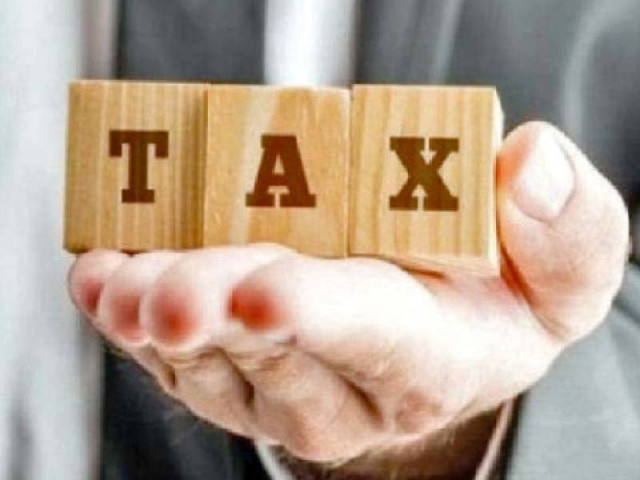Global telecom body demands tax withdrawal
Urges govt to eliminate 15% advance income tax, 19.5% sales tax

As the telecom industry cautions the government that high taxes are a hurdle in the way of meeting the digitilisation goal, the Global System for Mobile Communication Association (GSMA), which represents the mobile operators, has called for eliminating 15% advance income tax and 19.5% sales tax on mobile services.
It also underlined the need for addressing the high spectrum prices and introducing a smartphone financing policy to improve access to affordable devices.
"Pakistan is poised to unlock its economic potential through accelerated digital transformation," said a new report titled "Realising Pakistan's aspiration to become a digital nation," launched on Wednesday by the GSMA at its Digital Nation Summit in Islamabad.
The report underscored the country's significant strides in mobile connectivity and smartphone adoption while outlining a clear path to maximise the gains for the benefit of its citizens. However, achieving these aspirations will require concrete action and reforms.
The report revealed the blueprint to address the challenges: infrastructure, innovation, data governance, security and people. These five pillars are the foundation for a thriving digital nation.
The report emphasised the importance of financial reforms and strategic initiatives. Recommendations include eliminating the 15% advance income tax and the 19.5% sales tax on mobile services, addressing high spectrum prices and introducing a smartphone financing policy to improve access to affordable devices.
Additionally, the GSMA advocated for a rational approach to spectrum pricing ahead of the planned 5G spectrum auction in early 2025.
The GSMA report revealed a substantial increase in mobile broadband coverage in Pakistan, with 81% of the adult population now in areas covered by 3G or 4G networks, up from just 15% in 2010. Additionally, smartphone ownership reached 63% by the end of 2023.
However, only 23% of the population subscribes to mobile internet services, underlining the scale of the challenge to connect the unconnected.
Addressing the summit, GSMA Head of APAC Julian Gorman said: "Pakistan has the potential to realise its aspiration to become a digital nation. First, it must scale its connected population to strengthen its basic digital economy enabler. Then by adopting a whole-of-government approach and investing in the five key pillars of infrastructure, innovation, data governance, security and people, Pakistan can unlock its full digital potential, improve the lives of its citizens, and drive sustainable economic growth."
However, achieving these goals requires addressing significant regulatory and fiscal challenges. While market reforms are hoped for, without changes to the regulatory framework and a reduction in tax, progress will be limited, and the substantial usage gap will remain difficult to bridge.
Federal Minister for Planning, Development and Special Initiatives Ahsan Iqbal was the chief guest at the summit, where he reiterated the government's commitment to building the Digital Pakistan and emphasised the government's support for the tech industry and startups, alongside efforts to foster innovation and drive digital progress. Minister of State for IT and Telecommunication Shaza Fatima Khawaja said that the government was committed to fulfilling the Digital Pakistan vision.
Ali Irfan of JazzCash outlined several key policy interventions to accelerate the adoption of digital financial services and forge a cashless society. He urged the need for universal access by integrating smartphones, SIM cards and digital wallets or bank accounts into the national identity card issuance process, potentially funded through the Universal Service Fund.





1733130350-0/Untitled-design-(76)1733130350-0-208x130.webp)











COMMENTS
Comments are moderated and generally will be posted if they are on-topic and not abusive.
For more information, please see our Comments FAQ